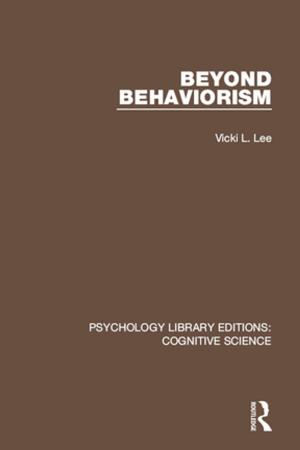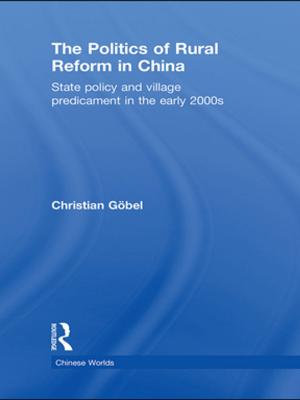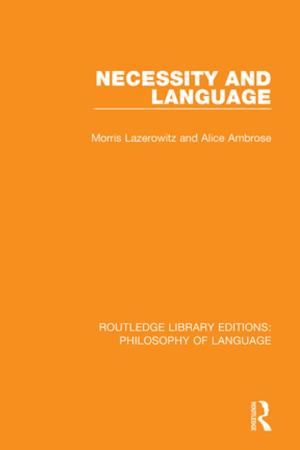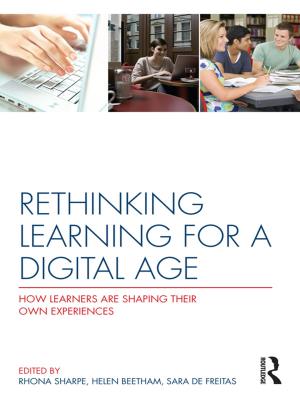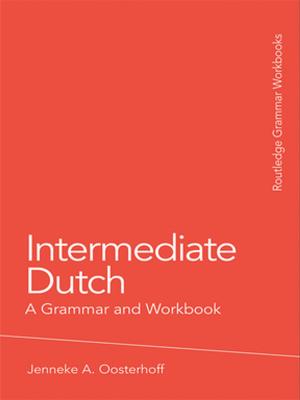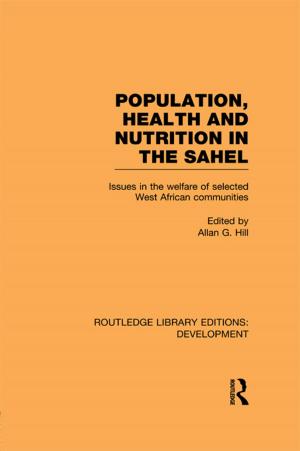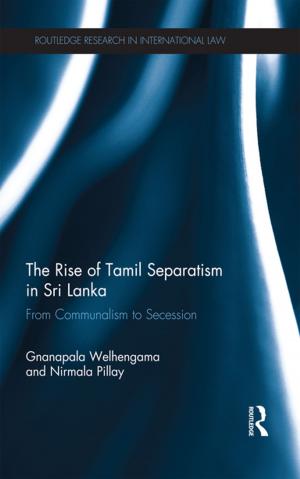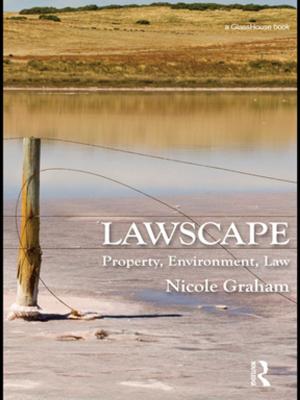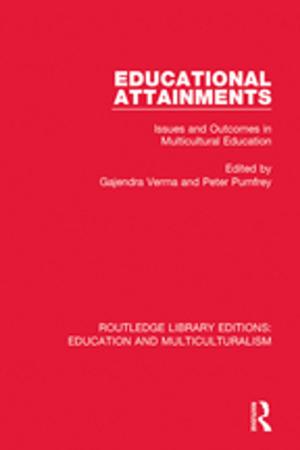Disability Matters
Pedagogy, media and affect
Nonfiction, Reference & Language, Education & Teaching, Special Education| Author: | ISBN: | 9781317978169 | |
| Publisher: | Taylor and Francis | Publication: | June 11, 2014 |
| Imprint: | Routledge | Language: | English |
| Author: | |
| ISBN: | 9781317978169 |
| Publisher: | Taylor and Francis |
| Publication: | June 11, 2014 |
| Imprint: | Routledge |
| Language: | English |
From the critique of ‘the medical model’ of disability undertaken during the early and mid-1990s, a ‘social model’ emerged, particularly in the caring professions and those trying to shape policy and practice for people with disability. In education and schooling, it was a period of cementing inclusive practices and the ‘integration’ and inclusion of disability into ‘mainstream’. What was lacking in the debates around the social model, however, were the challenges to abledness that were being grappled with in the routine and pragmatics of self-care by people with disabilities, their families, carers and caseworkers. Outside the academy, new forms of activity and new questions were circulating. Challenges to abledness flourished in the arts and constituted the lived experience of many disability activists.
Disability Matters engages with the cultural politics of the body, exploring this fascinating and dynamic topic through the arts, teaching, research and varied encounters with ‘disability’ ranging from the very personal to the professional. Chapters in this collection are drawn from scholars responding in various registers and contexts to questions of disability, pedagogy, affect, sensation and education. Questions of embodiment, affect and disability are woven throughout these contributions, and the diverse ways in which these concepts appear emphasize both the utility of these ideas and the timeliness of their application.
This book was originally published as a special issue of Discourse: Studies in the Cultural Politics of Education.
From the critique of ‘the medical model’ of disability undertaken during the early and mid-1990s, a ‘social model’ emerged, particularly in the caring professions and those trying to shape policy and practice for people with disability. In education and schooling, it was a period of cementing inclusive practices and the ‘integration’ and inclusion of disability into ‘mainstream’. What was lacking in the debates around the social model, however, were the challenges to abledness that were being grappled with in the routine and pragmatics of self-care by people with disabilities, their families, carers and caseworkers. Outside the academy, new forms of activity and new questions were circulating. Challenges to abledness flourished in the arts and constituted the lived experience of many disability activists.
Disability Matters engages with the cultural politics of the body, exploring this fascinating and dynamic topic through the arts, teaching, research and varied encounters with ‘disability’ ranging from the very personal to the professional. Chapters in this collection are drawn from scholars responding in various registers and contexts to questions of disability, pedagogy, affect, sensation and education. Questions of embodiment, affect and disability are woven throughout these contributions, and the diverse ways in which these concepts appear emphasize both the utility of these ideas and the timeliness of their application.
This book was originally published as a special issue of Discourse: Studies in the Cultural Politics of Education.



